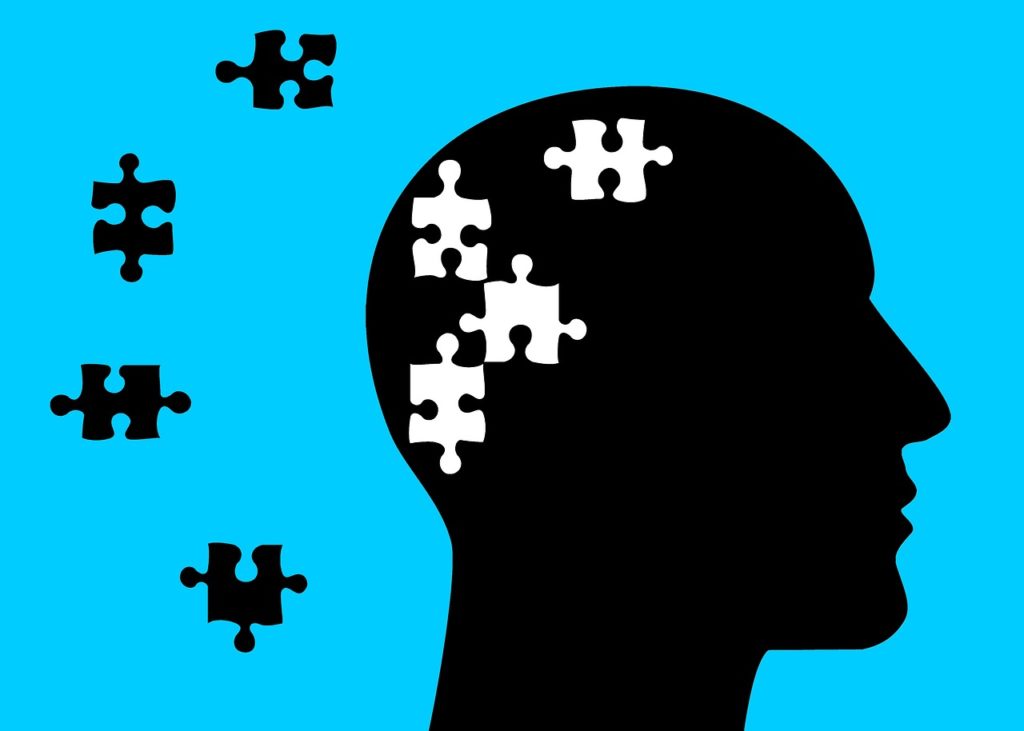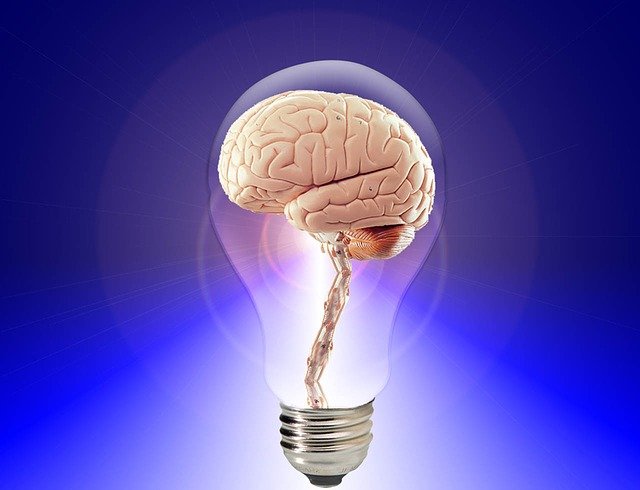Memories are a strange phenomena which we don’t fully understand . I hope to demonstrate that fears about memory loss are sometimes exaggerated and that we can do a great deal to improve our cognitive functions.
A There are many types of memory
There are areas where we remember things well and others where we don’t. The purpose of forgetting is linked to survival. We need to filter data consistently to focus on those things that are most important for us to thrive. Taxi drivers have developed a good spacial memory as they need it for their job, as graphic artists will have a good visual memory. Craftsmen and sports women remember muscle movements whilst actors remember words well.
When people start to worry about their memory it is usually due to two fundamental concerns. The first is age. Poor memory in childhood is put down to absent mindedness whereas in the elderly it is a fear of dementia. I admit that some individuals do suffer from debilitating loss of function in old age but it is not inevitable. Often poor memory in ageing is due to a different way the brain is used. More of this in a minute
The second issue with memory is connected to poor self esteem. People remember vast amounts but focus on the things they forget. Certain issues like remembering names are not universal skills but if we forget in some areas we worry more than forgetting in others. This is due to the social impact of what we are forgetting.
2 Memory and focus
In the previous chapter I hinted that memory is to do with the importance we attach to the thoughts we are engaged in. In youth we have little experience and need to figure things out from first principles. However as we age we develop habits that make much activity subconscious. Can you remember a trip to work that you take daily or a visit to the supermarket? In order to bring subconscious activity back to present consciousness we need to refocus on the activity as if we were learning it for the first time. If someone is always losing things they will need to make a point of reacting every time they put something down. For example they might say out loud “I am putting my keys on the kitchen table. ” You are making the action of placement a memorable event as do learners when they are remembering by association.

Further help in improving memory.
1 Don’t always associate memory loss with ageing often it has nothing to do with age or cognitive malfunction.
2 Stimulate the brain for at least 30 minutes daily. Think of it as a muscle that needs to be worked. This is where you are thinking hard to solve a problem. It might be crosswords or puzzles. It can also be achieved by learning a language playing music extra.
3 Do thirty minutes aerobic exercise a day ( Build up slowly and check all exertion efforts with trainers or physicians to ensure safety )
4 Eat a varied diet with plenty of brain foods, including the omega complex. If you don’t have an intolerance or an allergic reaction oily fish like salmon and nuts are omega rich products.
5 Drink plenty of water.
6 Get plenty of sleep and rest between activities .
7 Use all your senses when thinking, associate thoughts with images, sounds, smells ,touch and taste.
8 Constantly challenge yourself, asking yourself questions, testing your memory on a daily basis.
9 Avoid as much stress, anxiety and worry as possible especially worrying about forgetting stuff. Activity and mental stimulation helps to displace anxiety.
10 Practice brain emptying ( reboot ) exercises through activities like abdominal breathing, yoga , mindfulness and meditation every day.
11 Keep a record of at least 50 things you remember everyday without much effort and record them in a book.
12 Try to asociate with as many people as possible and as often as possible as connection with people will help brain function.
Peter

